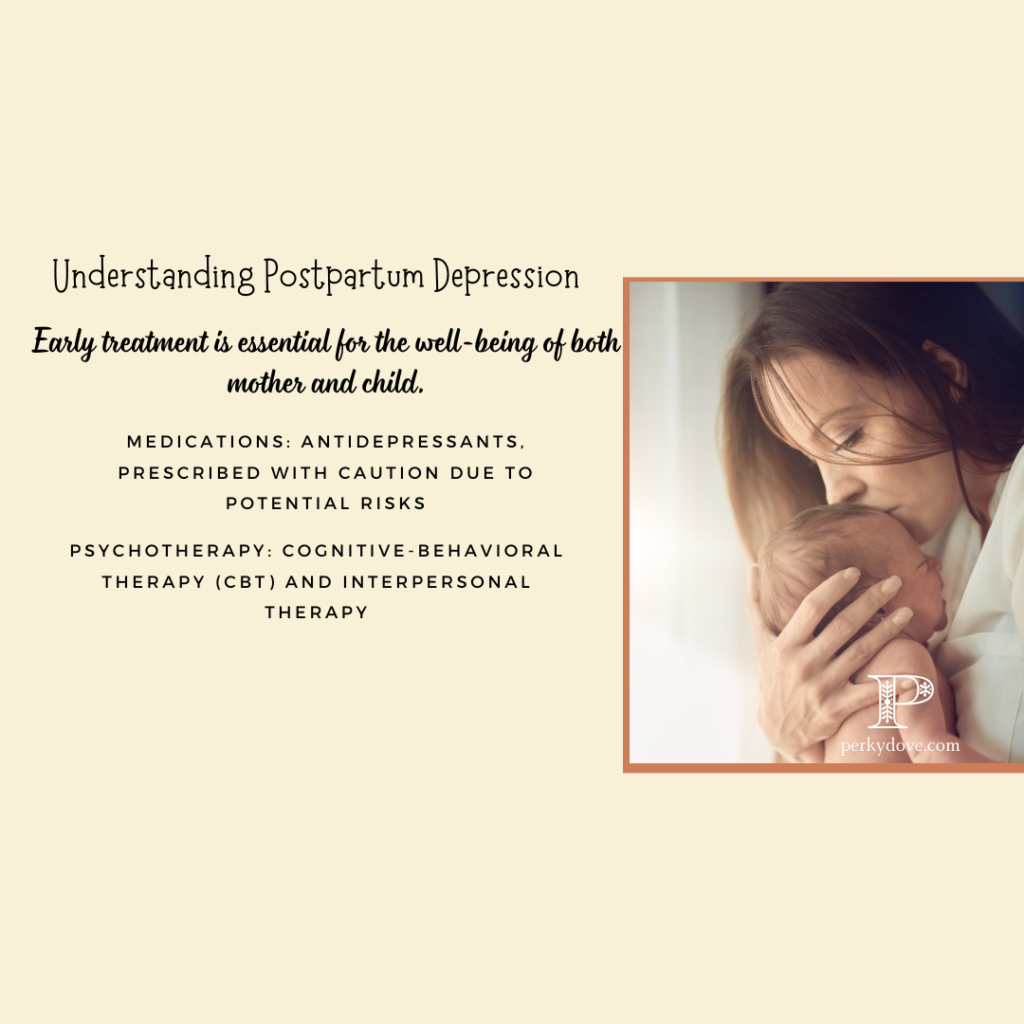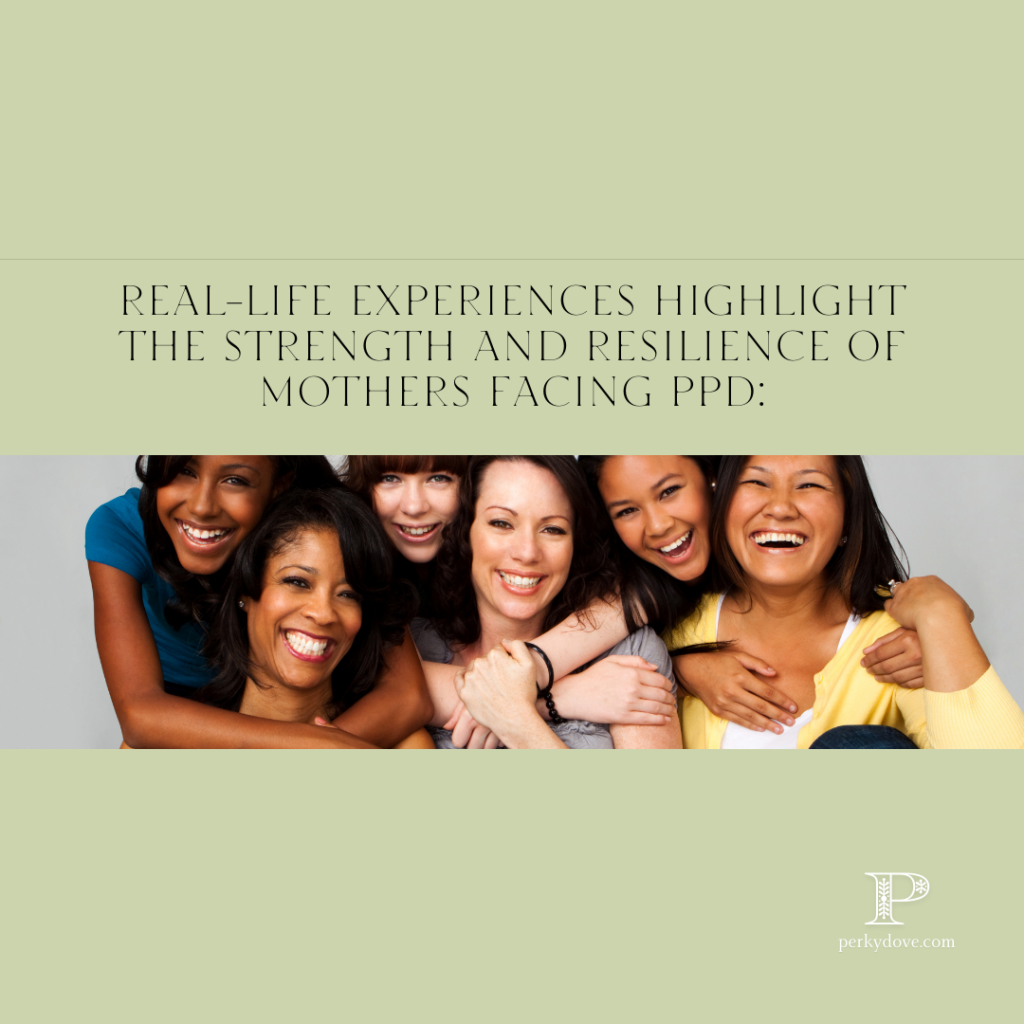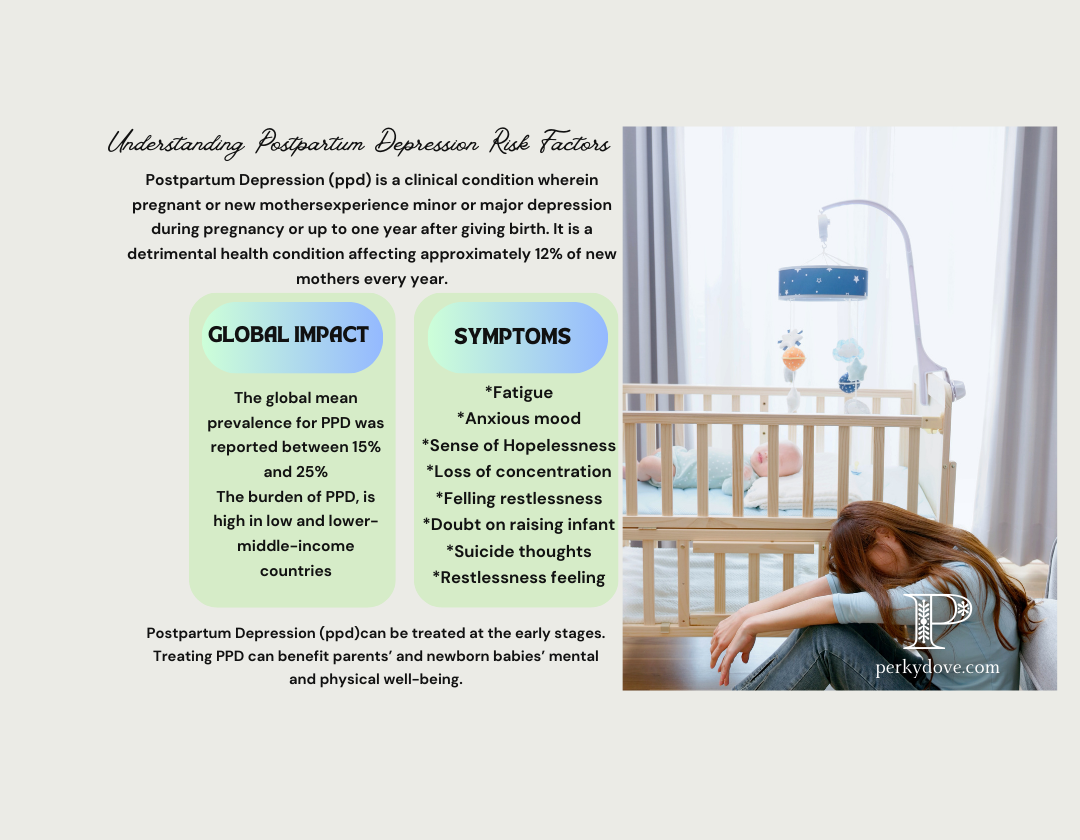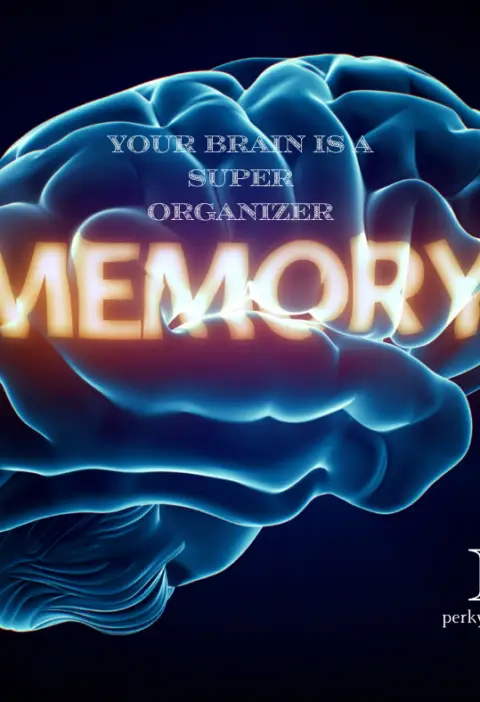Introduction
Postpartum depression (PPD) is a serious mental health condition that affects new mothers, often overshadowed by the joys of childbirth. Understanding PPD is crucial for early detection and effective treatment.
What is Postpartum Depression?
PPD is a type of clinical depression that can occur during pregnancy or up to a year after childbirth. Unlike the temporary “baby blues,” PPD is more severe and long-lasting, affecting approximately 12% of new mothers.
Causes of Postpartum Depression
PPD can arise from various factors:
- Biological Factors: Hormonal changes, inflammatory processes, genetic predispositions
- Psychosocial Factors: Previous depression, significant life events, chronic stress, relationship issues
Symptoms of Postpartum Depression
Common symptoms of PPD include:
- Persistent sadness or anxiety
- Irritability
- Feelings of hopelessness or guilt
- Loss of interest in activities
- Fatigue and restlessness
- Difficulty concentrating
- Trouble bonding with the baby
- Doubts about caregiving abilities
- Suicidal thoughts

Global Impact of Postpartum Depression
Globally, PPD affects 15% to 25% of new mothers. Prevalence varies by country: 10.15% in Norway, 8-10% in the Netherlands, and 8-15% in the USA. In low and middle-income countries, the prevalence can be as high as 25%.
Treatment for Postpartum Depression
Early treatment is essential for the well-being of both mother and child. Options include:
- Psychotherapy: Cognitive-Behavioral Therapy (CBT) and Interpersonal Therapy
- Medications: Antidepressants, prescribed with caution due to potential risks
Personal Stories and Testimonials
Real-life experiences highlight the strength and resilience of mothers facing PPD:
- “Reaching out for help changed everything for me.”
- “Support groups made me feel less alone in this journey.”

How to Support Someone with Postpartum Depression
Support is vital. Here’s how you can help:
- Listen without judgment
- Encourage professional help
- Assist with daily tasks
- Be patient and understanding
Conclusion
Postpartum depression is a challenging but treatable condition. Early detection and support can make a significant difference. If you or someone you know is experiencing PPD, seek help.






